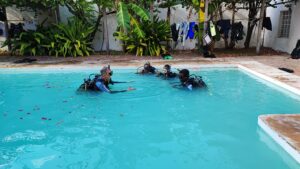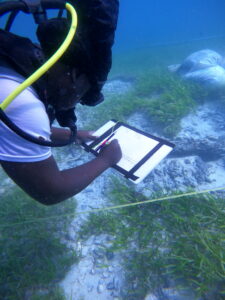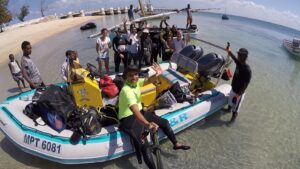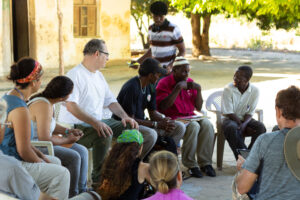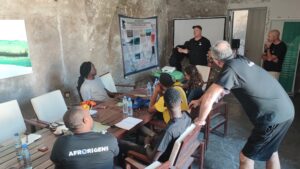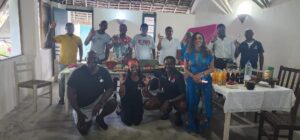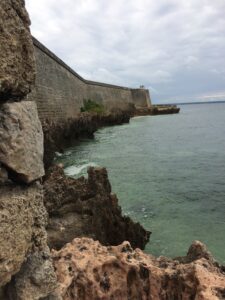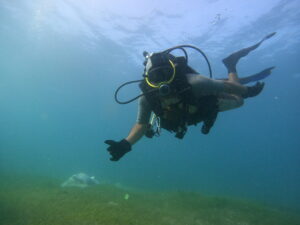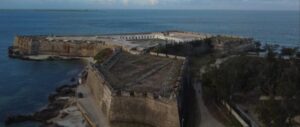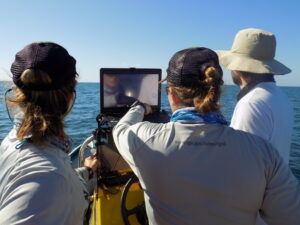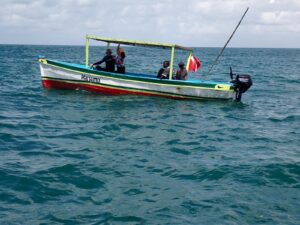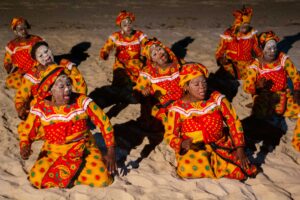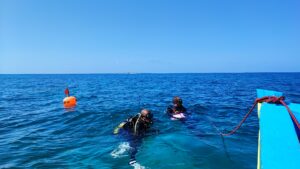Mozambique
Beginning in 2013, the Slave Wrecks Project collaboration in Mozambique has developed and expanded through ongoing research, training, and public outreach initiatives, with a primary focus on the Mozambique Island region. Many of the programs and initiatives that define SWP’s signature approach worldwide emerged from this long-standing and robust collaboration in Mozambique. This includes innovations in community engagement, heritage protection, public education, professional training, and transformative museum work.
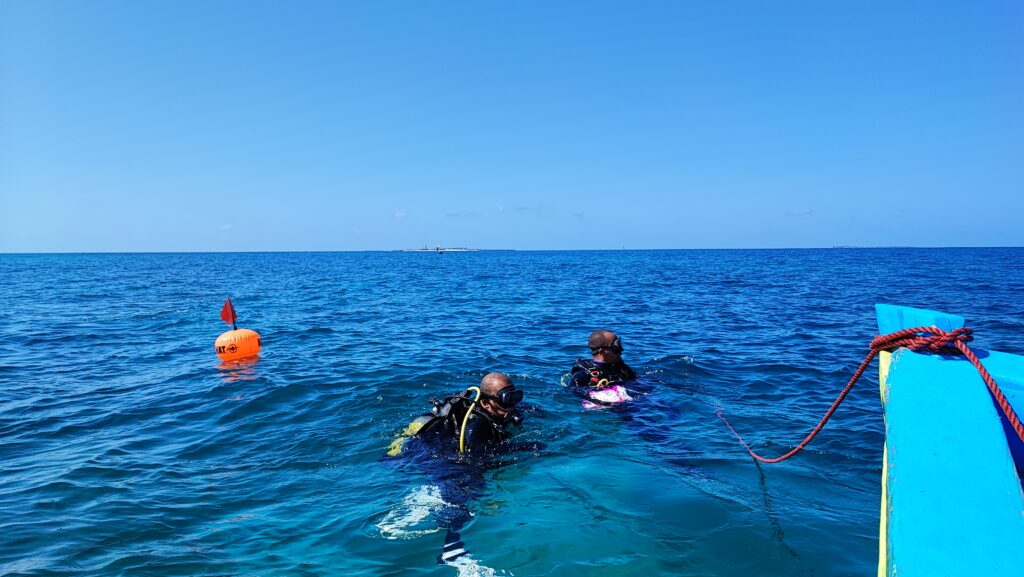
Since 2013, the Slave Wrecks Project (SWP) has developed a strong collaboration with the faculty, researchers, and students of the Department of Archaeology and Anthropology at Universidade Eduardo Mondlane. In 2013, SWP supported the first training for Mozambican university students in maritime archaeology and their field research on a slave trade related site near Inhambane. Subsequently, SWP’s technical assistance enabled Mozambican archeologists and the local community to conduct an assessment that resulted in the termination of the destructive activities of a major international treasure hunting firm in the waters surrounding Mozambique Island.
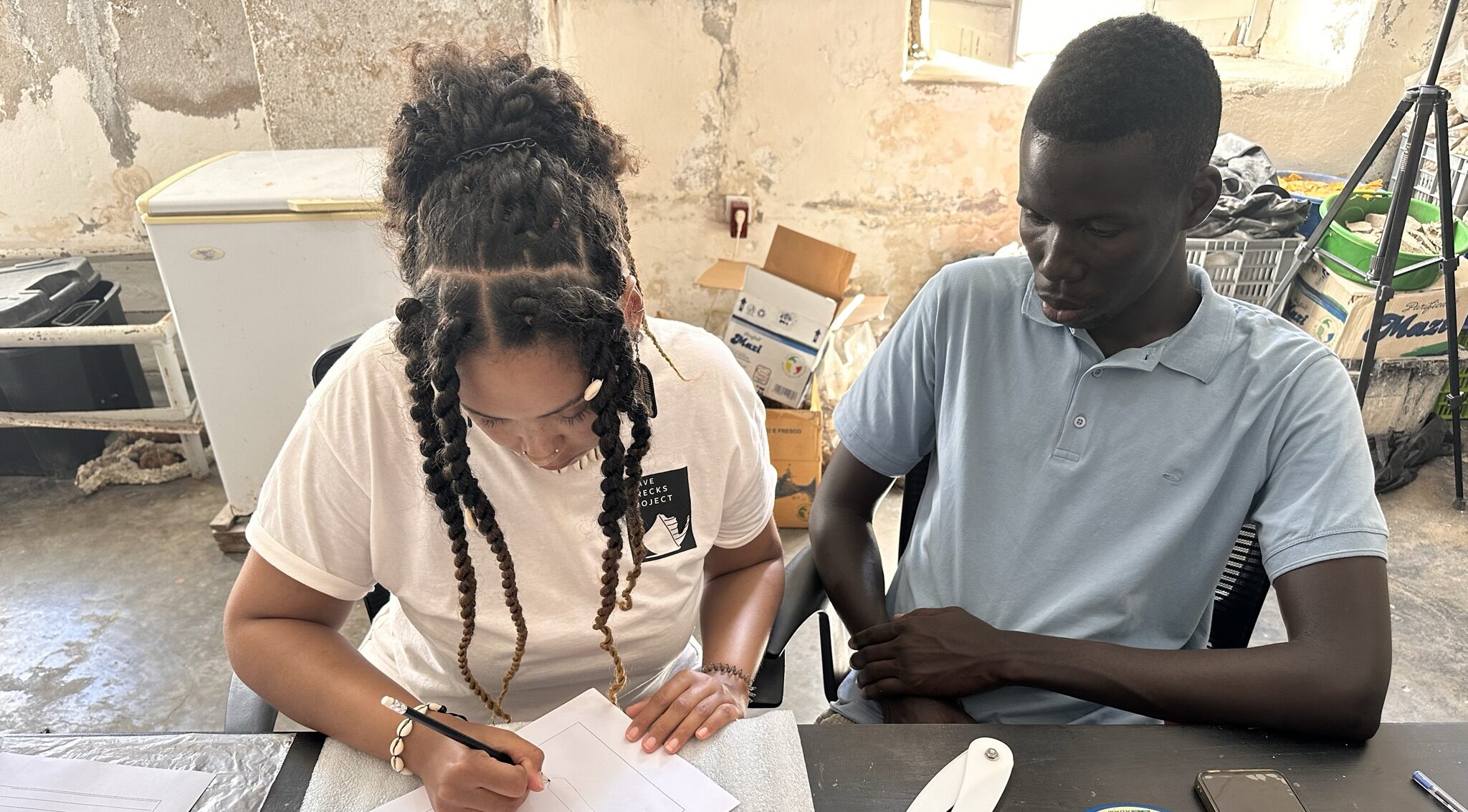
Gabrielle Miller and Madicke Gueye processing artifacts 2024, SWP.
Since then, this SWP collaboration has continued to develop and expand through ongoing research, training, and public outreach initiatives, with a primary focus on the Mozambique Island region. Many of the programs and initiatives that define SWP’s signature approach worldwide emerged from this long-standing and robust collaboration in Mozambique. This includes innovations in community engagement, heritage protection, public education, professional training, and transformative museum work.
SWP global partners, including the Smithsonian’s National Museum of African American History and Culture (SI-NMAAHC), The George Washington University (GWU), the National Park Service – Submerged Resources Center (NPS-SRC), Diving With a Purpose (DWP), Iziko Museums of South Africa (IZIKO), and the African Centre for Heritage Activities (ACHA) have all been thoroughly involved in developing this important and wide-ranging partnership with Mozambican institutions, including Universidade Eduardo Mondlane and its newly established Centro de Arquelogia Investigção e Recursos da Ilha de Moçambique (CAIRIM), and with members of the local community on Mozambique Island.
Resistance to the Slave Trade: The Search for L’Aurore
SWP Academy training in Mozambique is also advancing groundbreaking new research. In 2023, after years of survey and archival research, a SWP research team that included SWP Academy trainees began to document the site of the L’Aurore, a vessel carrying over 600 enslaved Africans that sank in 1790 within sight of Mozambique Island. This work is bringing to light the story of those who perished during this shipwrecking event, merely days after they had risen up in an attempt to take over the ship. During this subsequent storm, the crew, fearing another rebellion, refused to open the hatches, resulting in the death of hundreds of captive Africans. This site bears witness to the extreme cruelty of the slave trade, but also to the forgotten stories of resistance by so many of those who fought back against their captivity, estimated to have occurred in one in ten voyages.
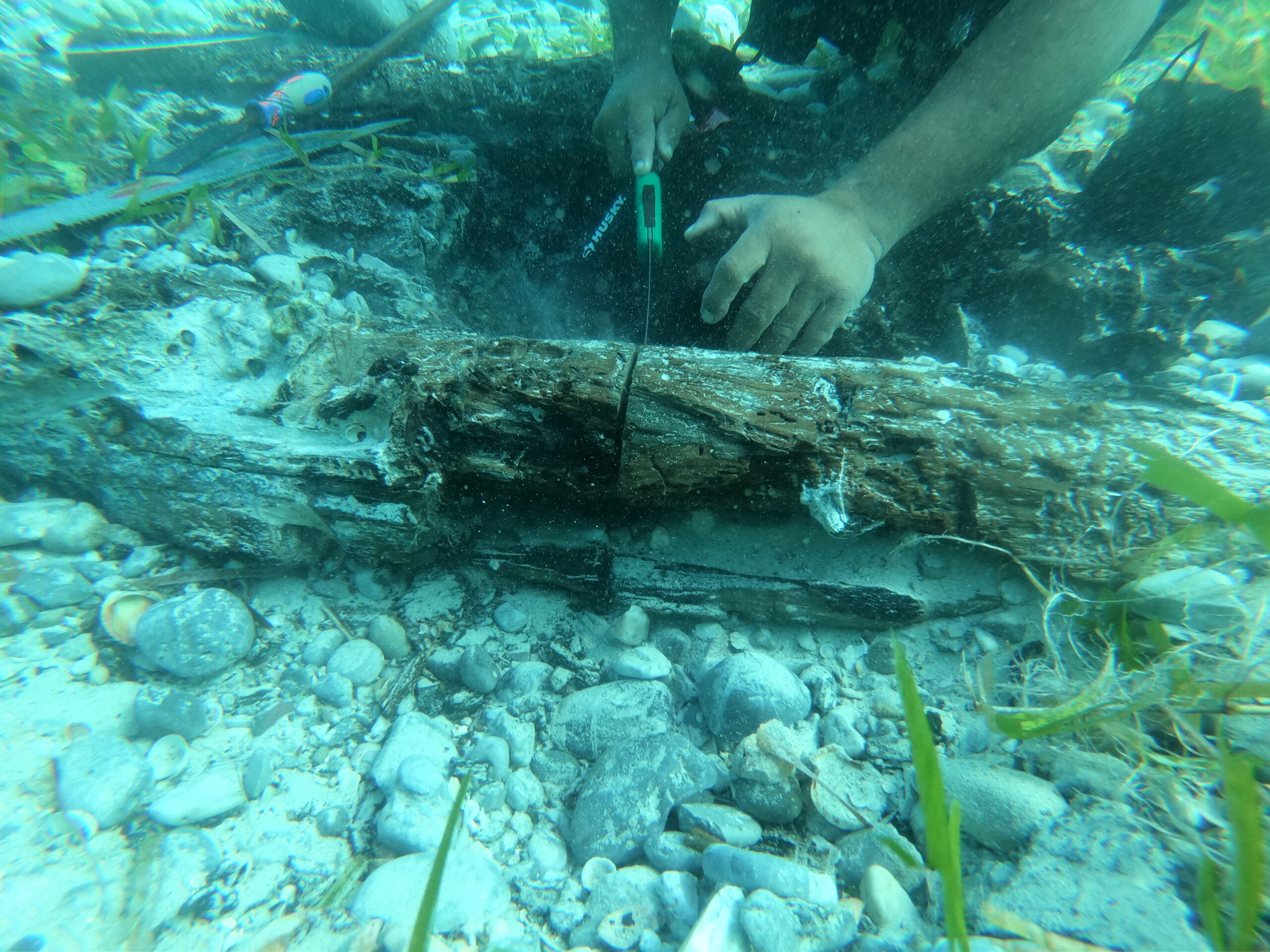
Timber sample being taken of the suspected wreck of the L’Aurore, 2022. Photo by Marc-André Bernier.

